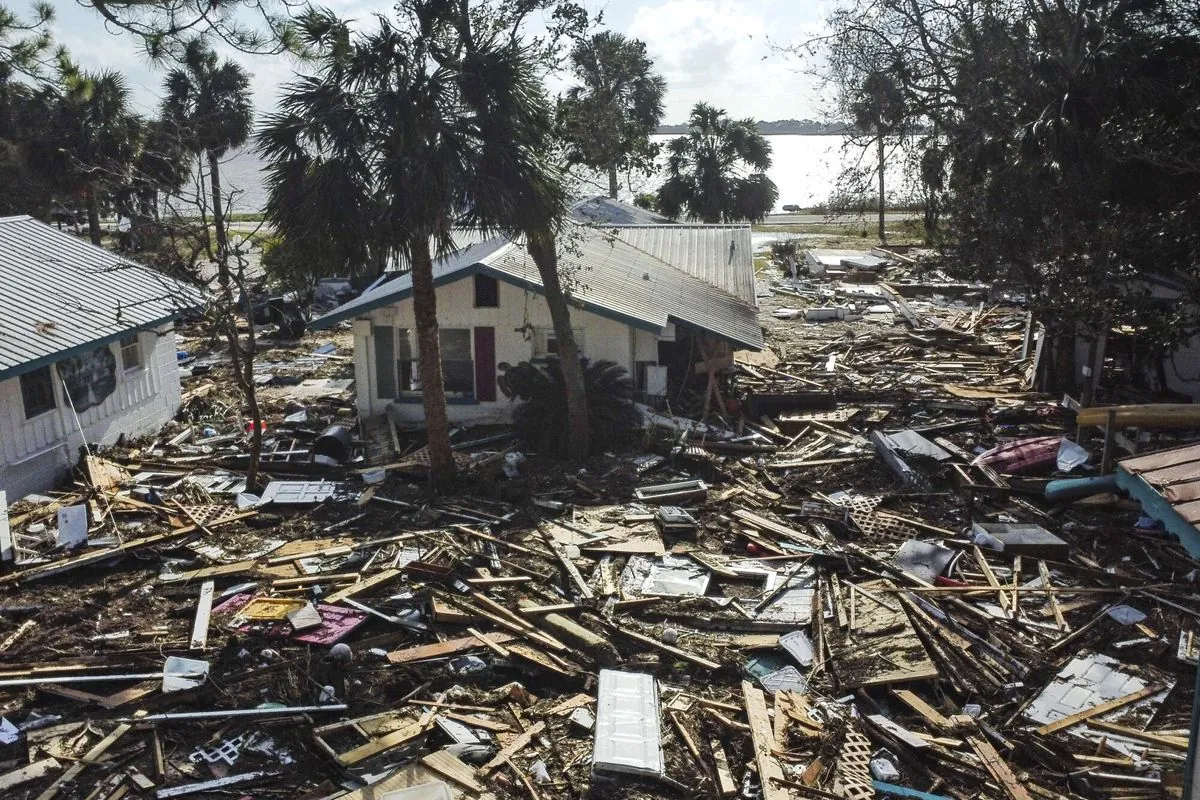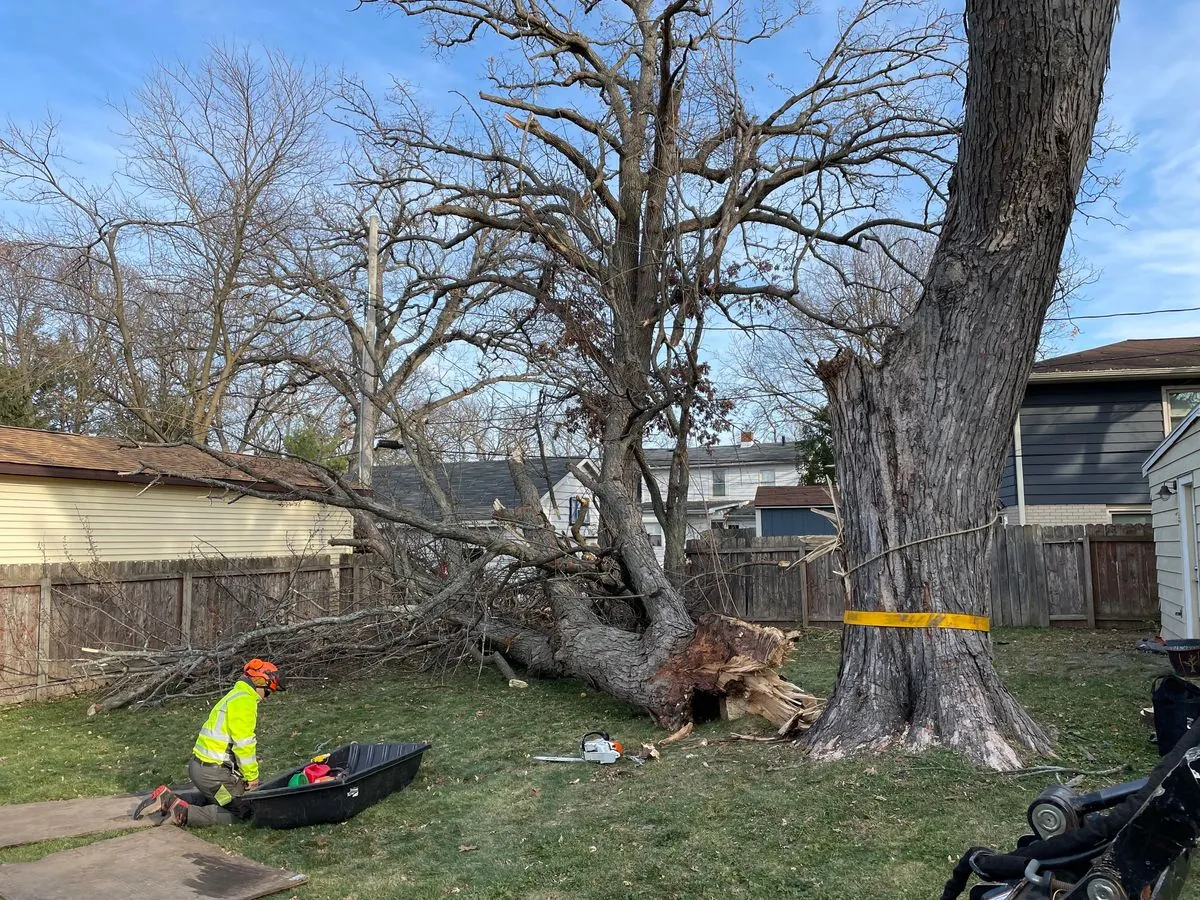Deadly Hurricane Helene Claims Over 150 Lives Across Southeast US
Hurricane Helene devastated the Southeast US, causing over 150 fatalities in six states. Falling trees and severe flooding led to tragic losses, including entire families, as communities grapple with the storm's aftermath.

Hurricane Helene, a powerful storm that recently struck the southeastern United States, has left a trail of devastation in its wake, claiming the lives of more than 150 individuals across six states. This catastrophic event has etched itself into the annals of US weather history as one of the most lethal storms to impact the nation.
The hurricane's destructive force was felt in Florida, Georgia, North Carolina, South Carolina, Tennessee, and Virginia. The storm's impact was particularly severe, with falling trees and rampaging floods accounting for numerous fatalities. Among the victims were families torn apart by the storm's fury, including young children and elderly residents.
In Sandersville, Georgia, a community of 6,000 residents, tragedy struck the Taylor family when their oak tree succumbed to Helene's powerful winds and rain. The incident resulted in the heartbreaking loss of seven-year-old Harmony Taylor and her four-year-old brother Derrick. The siblings, known for their inseparable bond, perished together when the tree crashed into their bedroom.

"They played together, sang Muni Long's hit R&B ballad 'Made for Me' together and slept together, her arm always wrapped around him."
The Drye family in Asheville, North Carolina, faced a similar tragedy when their home collapsed during the hurricane. Michael and Nora Drye, along with their seven-year-old grandson Micah, were swept away by the currents after being stranded on their roof for hours. Their daughter, Megan Drye, miraculously survived the ordeal.
In Tennessee, Mike and Jean Obrist attempted to drive to safety but were overwhelmed by a sudden surge of water. Their daughter, Maureen, managed to escape, but her parents could not be saved. The incident highlights the unpredictable and rapid nature of flood waters during hurricanes.
Another multi-generational loss occurred in Augusta, Georgia, where Stephen Donehoo, 72, and his 10-year-old great-grandson Izaac lost their lives when a tree fell on their home. This tragic event underscores the indiscriminate nature of hurricane-related casualties.
Hurricane Helene's impact serves as a stark reminder of the destructive potential of these natural disasters. The Saffir-Simpson Hurricane Wind Scale, which categorizes hurricanes from 1 to 5 based on sustained wind speeds, helps meteorologists communicate the potential dangers of approaching storms. However, as seen with Helene, even with advanced warning systems, the loss of life can be significant.
The Atlantic hurricane season, which officially runs from June 1 to November 30, has been increasingly active in recent years. Climate scientists warn that climate change is likely to increase both the intensity and frequency of hurricanes, potentially leading to more catastrophic events like Helene in the future.
As communities begin the long process of recovery, the importance of hurricane preparedness cannot be overstated. Having an emergency kit, a solid evacuation plan, and staying informed about storm warnings are crucial steps in mitigating the risks associated with these powerful weather systems.
The National Hurricane Center plays a vital role in issuing watches and warnings for tropical cyclones, providing critical information to residents in potentially affected areas. However, as Helene has tragically demonstrated, even with advanced forecasting techniques, the unpredictable nature of hurricanes can lead to devastating consequences.
As we reflect on the lives lost and the communities forever changed by Hurricane Helene, it serves as a somber reminder of nature's awesome power and the continued need for improved disaster preparedness and response strategies.


































